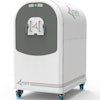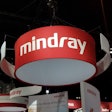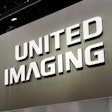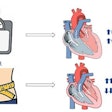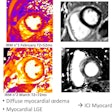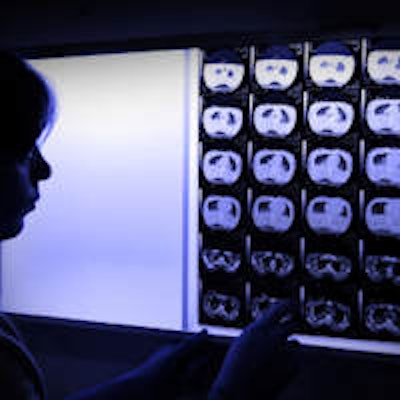
Telereporting is not perfect, and it is well recognized that regular contact between radiologist and referrer improves reporting outcomes. However, outsourcing some areas of reporting and out-of-hours work in overstretched and underresourced departments can be of great benefit, both in terms of accuracy and timeliness of reports, provided safeguards are built in and a rigorous approach to quality control is implemented.
Healthcare organizations employing out-of-hours reporting services for overnight CT scans for trauma and other emergencies should ensure images are reviewed again by their own radiologists, attending surgeons, and physicians in the cold, gray light of dawn and with knowledge of the evolving clinical situation.
 Simon G. Mellor, LLM, is the responsible officer for the Telemedicine Clinic in the U.K.
Simon G. Mellor, LLM, is the responsible officer for the Telemedicine Clinic in the U.K.The imaging provider must ensure the patient is made aware of who may report the film and to whom that information will be passed. This may fall to the radiographer or be made explicit in literature provided by the imaging provider, while reminding the patients to make sure they are informed of the results by their referring doctor.
It is important for teleradiology companies to provide a safe, high-quality reporting service with rapid turnaround within agreed contractual timelines. In line with the Department of Health requirements, all radiologists reporting on U.K. patients are required to be registered with the General Medical Council (GMC). This has always been the case. There are clearly defined procedures for managing urgent and unexpected findings, and there is a process to ensure referrers can speak to radiologists as urgently as necessary when the report requires clarification.
Much work has been done to tailor reporting templates to what is a wide body of referrers ranging from general practitioners to superspecialists in their field. A high percentage of images are still second read, and there is an external and internal audit program. Should a grade 1 discrepancy occur, in which the inaccuracy of the report significantly alters course of treatment to the detriment of the patient, then a full root cause analysis is carried out, and recommendations to prevent such an error recurring may be made.
In the case of the Telemedicine Clinic (TMC), regular appraisal, skills improvement, and testing have always been part of our ethos, and failure to meet standards may result in contract termination. Being able to provide a wealth of management information from the in-house developed RIS, which includes all discrepancies and how they can be resolved, is important, and robust clinical governance processes must exist.
I was asked to become the responsible officer for TMC in July 2012. I have extensive relevant training and experience, in addition to at least 20 years experience in providing appraisals, reinforced by the more in-depth appraisal training resulting from the introduction of the revalidation process.
TMC has around 25 radiologists who report for the U.K. and require revalidation. There are three appraisal leads, and up to now I have reviewed all appraisals (we use the Model Appraisal Guide and Form) and found them to meet the standard for revalidation. I ensure the appraisal contains full details of other employment; many radiologists are senior radiologists and academics in a wide variety of prestigious institutions across Europe.
Annual letters of good standing are required from other employers, and I provide regular updates to appraisers and appraisees to help them understand the requirements of the in-depth appraisal and in particular to discuss errors when they have occurred in an open and constructive manner. This builds on monthly and weekly meetings at which discrepancies and other interesting findings are discussed.
Thus, U.K. patients having images reported on by radiologists can be assured that:
- All radiologists have reporting and language skills robustly tested before they can report.
- All radiologists reporting on U.K. patients are GMC-registered and subject to the standards required by the GMC and, indeed, by the Royal College of Radiologists (RCR).
- All radiologists reporting for the U.K. are subject to revalidation
- There are robust processes for contacting referrers when urgent or unexpected finding are found.
- Every effort is made to ensure that referrers with a query about a report can speak to the relevant radiologist as soon as possible.
Simon G. Mellor, LLM, is the responsible officer for the Telemedicine Clinic in the U.K.
The comments and observations expressed herein do not necessarily reflect the opinions of AuntMinnieEurope.com, nor should they be construed as an endorsement or admonishment of any particular vendor, analyst, industry consultant, or consulting group.



